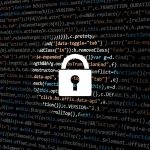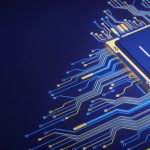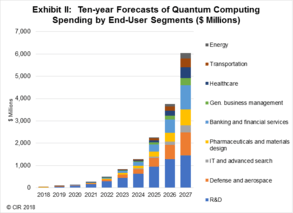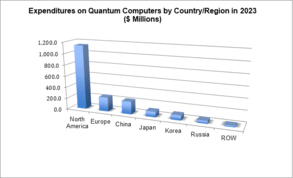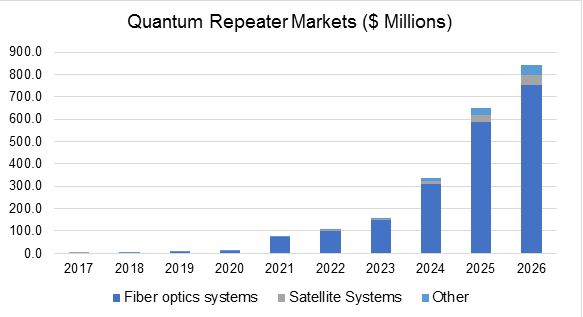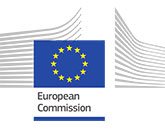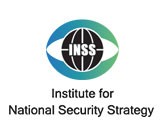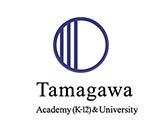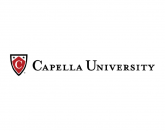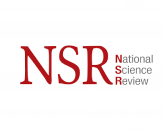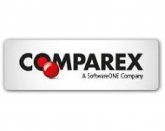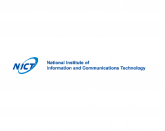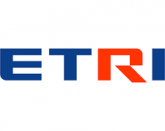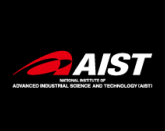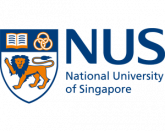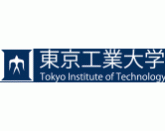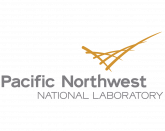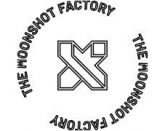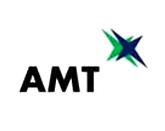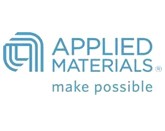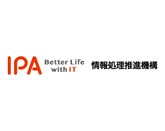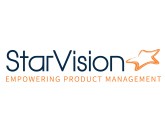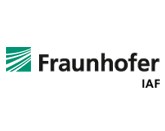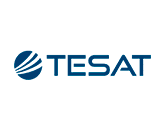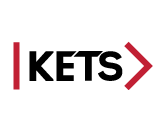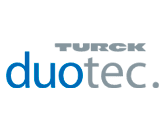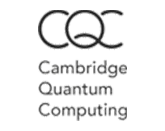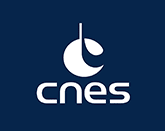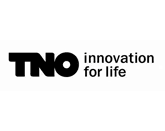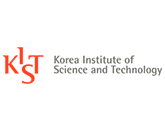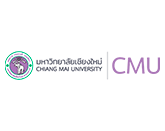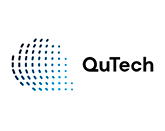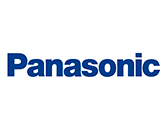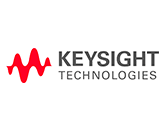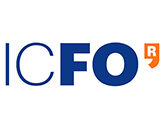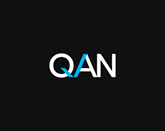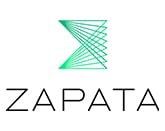About Us
Inside Quantum Technology Research Delivers Analysis, and Consulting Market Forecasts for Quantum Technology Businesses.
Inside Quantum Technology is the first company to be entirely dedicated to meeting the strategic information and analysis needs of the emerging quantum technology sector. In addition to arranging events and publishing articles of critical importance to the quantum technology sector, our consulting group, IQT Research, provides published reports on most of the important revenue opportunities in quantum technology including quantum computer markets.
Read More >
REPORT SCHEDULE 2021
IQT Research will publish 14 reports in 2021 in five categories as follows. Each of these reports contains granular market forecasts in value and volume terms, as well as analysis of markets and key players in each of the areas covered.
Read More
I. QUANTUM NETWORKING REPORTS:
- The Road to the Quantum Internet: A Ten-Year Forecast and Opportunity Analysis of Quantum Networks
II. QUANTUM SAFE TECHNOLOGY REPORTS:
- Quantum Key Distribution (QKD) Markets: A Worldwide Survey of Deployments—2021-2030
- Post-Quantum Cryptography (PQC): A Revenue Assessment 2021-2030
- QRNGs: A Revenue Assessment 2021-2030
III. QUANTUM SENSOR REPORTS (Three reports):
- Quantum Sensor Markets: 2021-2030
- Markets for Quantum Magnetometers: 2021-2030
- Atomic Clocks Markets: 2021-2030
IV: QUANTUM COMPUTING REPORTS (Two reports):
- Quantum Computer Markets: A ten-year market forecast and roadmap
- Quantum Cloud Markets: 2021-2030
- Quantum Software Markets 2021-2030
- Key Quantum Computer Firms: Profiles and Company Analysis
- Quantum Processors: Markets, Products and Supply Chains
V: END USER MARKETS:
- Quantum Computing in the Financial Services Market: An International Forecast – 2021-2030
- Quantum Computing for the Pharmaceutical and Chemical Industries: A Market Forecast 2021-2030
- The IQT Research Guide to the Quantum Safe Enterprise
LICENSE OPTIONS
All reports are available under three license options
- Single-user license
- Five-person license
- Enterprise license (unlimited usage within a client organization)
For pricing on any of these options please enquire.
![]()
Join IQT User Groups and Communicate with Like-Minded Professionals
Join a Free User Group on Slack >
Already a Member? Go Directly to IQT User Groups >
Latest Reports
News Releases
Sep 12, 2022
One of the biggest challenges in developing a quantum computer is error correction. Errors within quant...
Nov 09, 2020
(Janes.com) Janes, the open source intelligence company specia...
Aug 13, 2019
Crozet, Virginia: According to Quantum Computing Strategie...
Latest Blogs
Quantum annealing pilot tackles logistics challenges
Two Japanese companies have begun a pilot project that leverages quantum annealing, a capability that can be used to calculate a...
A New and Elegant Quantum Teleportation Scheme
(By Amara Graps, Staff Writer) A new, highly robust, quantum teleportation method, which is, in principle, unconditional, with no enta...
Towards a Commercial Quantum Computer: A Dutch Roadmap
(By Amara Graps, Staff Writer) To summarize what is needed in a supply chain for the key components for a consumer Quantum Com...
Quantum Technology News
Quantum News Briefs July 26: Qrypt awarded SBIR Phase 1 contract by AFWERX for quantum hardening of Mattermost Secure Chat • Nullspace Simulation software accelerating quantum computing development • Canada imposes export controls on auantum computing & advanced semiconductor technology • Analytics India: India needs to boost its quantum mission
News Briefs: Qrypt awarded SBIR Phase 1 contract by AFWERX for quantum hardening of Mattermost Secure Chat Qrypt announced in a July 23 news release that it has been selected by AFWERX for a SBIR Phase 1 focused on quantum hardening of Mattermost secure chat to address ChatOps data privacy and encryption, a mission imperative for the Department of the Air Force (DAF). The Air Force Research Laboratory and AFWERX have partnered to streamline the Small Business Innovation Research (SBIR) and Small Business Technology Transfer (STTR) process by accelerating the small business experience through faster proposal to award timelines, changing the pool of potential applicants by expanding opportunities to small business and eliminating bureaucratic overhead by continually implementing process improvement changes in contract execution. The United States Department of Air Force, U.S. Space Force, and the Department of Defense Platform One all use Mattermost for chat communications. Based on this public knowledge, Qrypt developed a cryptographic enhancement plug-in for Mattermost that utilizes a one-time pad (OTP) cipher to encrypt Mattermost chat sessions. OTP is an information-theoretic secure cryptosystem. This SBIR Phase 1 Award leverages Qrypt’s core technologies, including Qrypt’s Quantum Secure Key Generation technology (BLAST) and Qrypt’s Quantum Random Number Generators created in cooperation with Los Alamos and Oak Ridge National Laboratories. Qrypt’s Mattermost plug-in provides additional cryptographic hardening, ensuring the protection and integrity of chat communications against current and future attacks. Nullspace Simulation software accelerating quantum computing development Nullspace, Inc., a Computer-Aided Engineering (CAE) software company, announced July 25 the new release of Nullspace ES, the world's only commercial simulation software for extremely large scale, rapid, and accurate design and analysis of ion traps for quantum computing applications. Nullspace ES has been a game-changer for our design work," says Dr. Björn Lekitsch, a researcher at the AG Quantum Group in Johannes Gutenberg Mainz University. "It allows us to simulate how our ion traps behave in order to calculate and predict the ion movement more precisely. With Nullspace ES software, we can explore the effects of varying geometries and configurations on the ion behavior, which is critical for enhancing the performance and scalability of our quantum computing systems." The latest release of Nullspace ES, along with its CAD design and meshing companion tool, Nullspace Prep, includes a new, faster, and more efficient meshing algorithm. Meshing is a key step to ensure users obtain high accuracy results. Nullspace's meshing technology is tailored for the ion trap community and efficiency in both meshing time and meshing quality gives users confidence in high accuracy results leading to reduced prototyping demands. In Other News: In Other News JD Supra Reports "Canada imposes export controls on auantum computing & advanced semiconductor technology" In a significant move, Canada has announced stringent export controls on certain quantum computing and advanced semiconductor technology under the Export and Import Permits Act (EIPA). Beginning on July 20, 2024, the export of certain technology related to quantum computing and advanced semiconductors will be prohibited to any location except the United States without an export permit from Global Affairs Canada. JD Supra is providing comprehensive coverage of the announcement on its website. Canada issued the Order Amending the Export Control List SOR/2024-112 (Regulations), adding five broad categories of quantum computing and semiconductor technology to Group 5 of the Export Control List. The restrictions took effect on July 20, 2024. As of that date, exporting this technology without an export permit will constitute an offence. The technologies affected are broader than the technological hardware itself. Among other things, “Technology” under Canada’s export control legislation includes “technical data” (such as manuals, plans, diagrams, blueprints and models) and “technical assistance,” which may take such forms as instruction, skills, training, working knowledge or consulting services. Disclosing such “technology” to a person outside Canada without an export permit (e.g., even through teleconference, by email or through screen-sharing) may also constitute an offence even if the item or technology itself remains in Canada. Analytics India editorial asserts "India needs to boost its quantum mission" “India must urgently prepare itself for the quantum revolution to safeguard its security and national interests,” said Ajai Chowdhry, the co-founder of HCL and chairman of the mission governing board for India’s National Quantum Mission (NQM) in his editorial published in his editorial in Analytics India. NQM aims to invest INR 6,000 crore to accelerate its quantum technology capabilities. A report by Itihaasa Research and Digital, co-founded by former Infosys CEO Kris Gopalakrishnan, highlights the global landscape of quantum investments. The top 12 countries have collectively invested around $38.6 billion, with China leading the way at $15 billion. In contrast, India’s investment stands at a mere $0.74 billion. India has published only 1,711 research papers on quantum, China published 12,110, which is seven times more than India. The VP of IBM Quantum, Jay Gambetta, recently said that India has the second-highest open access to quantum computing, wh...
Ethan Krimins. Lead, Quantum Research Sciences, will speak at IQT Quantum + AI in NYC Oct. 29-30
Ethan Krimins. Lead, Quantum Research Sciences, will speak at IQT Quantum + ...
Quantum Simulator Leap-Looking at MIMIQ-Circ by QPerfect
A few short years ago, quantum computer simulators were quite limited. On a laptop, maybe you could simulate around 10 qubit...
Infographics
Why
Inside Quantum Technology
It receives comprehensive analysis that reflects today’s quantum technology realities and tomorrow’s profit potential
Detailed forecasts that are both believable and provide our clients with an edge over the competition. Actionable recommendations identifying where money will be made and where it will be lost. Candid market assessments based on today’s best strategic thinking, not just data dumps from the Internet. Our offerings complement internal product and market planning and technology roadmapping and provide low-cost knowledge enhancement for firms in the quantum technology space
Consulting
IQT Research offers customized consulting that provides clients with analysis and forecasts that go beyond what is available in our published reports. The final deliverable – in the form of a report or final presentation –offers clients strategic guidance on many aspects of their quantum technology businesses. Our coverage provides insight for those companies offering quantum technology systems, components, materials and software
Latest Blogs
